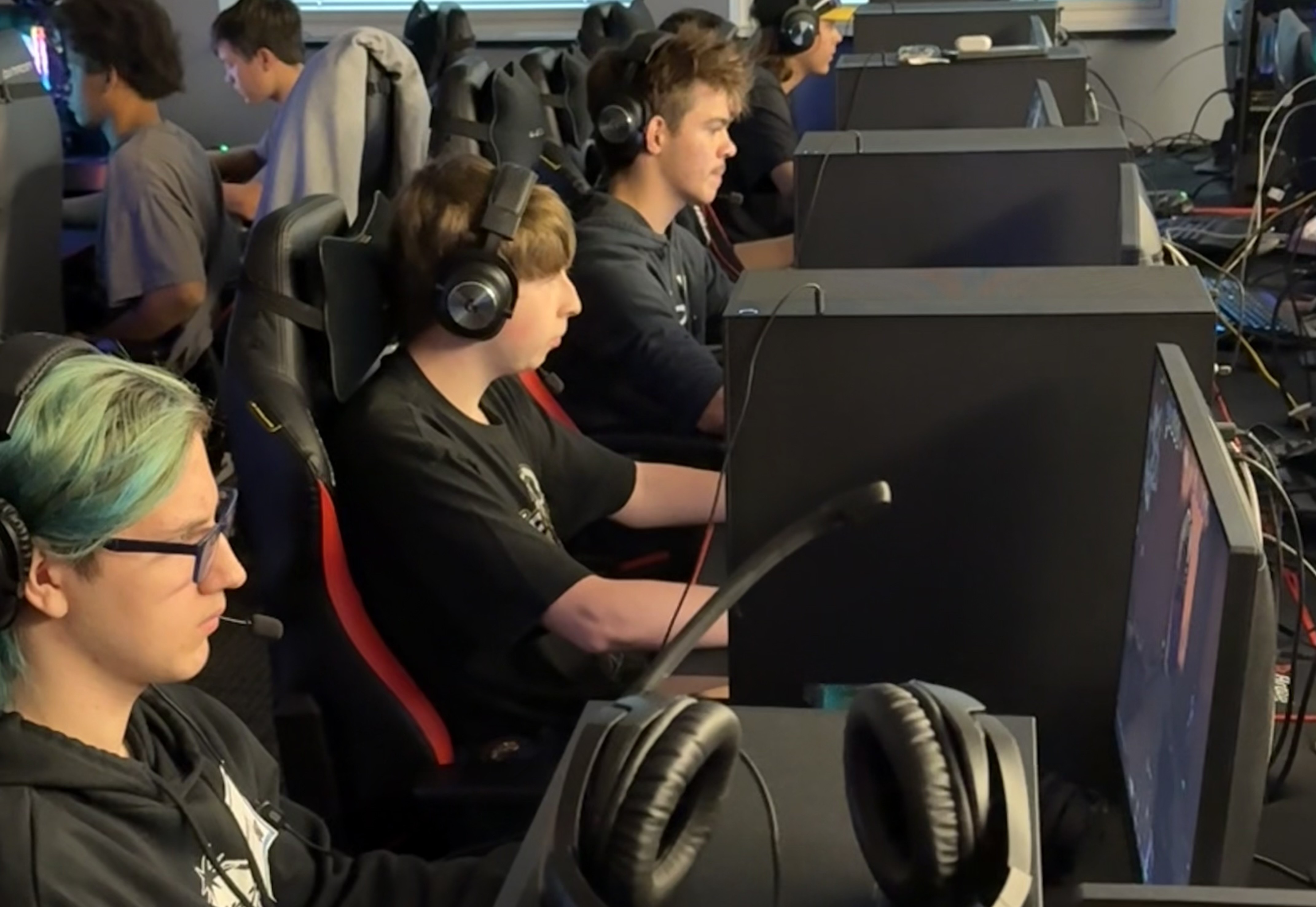Colorade seeks to fund emergency school communications
At the School Safety Summit held at the Colorado State Capitol on Friday, the Colorado Department of Education (CDE) announced that a $41.5 million fund tied to the National School Lunch Act could be used to finance school improvements including the purchase of school emergency communications systems.
The announcement to the group of 25 school safety stakeholders was made by Ted Hughes, Director of the Division of Capital Construction Assistance within CDE. Hughes explained that his office's Qualified Zone Academy Bond (QZAB) program could finance technology that would improve communications between schools and first responders during an emergency.
State senator Steve King, who led the Summit, will introduce on February 18 legislation to establish a School Emergency Communications Plan. Such a measure, first in the nation, would help reduce personal injury and property damage by enabling response agencies to be in direct contact with radio-equipped school staff during school incidents.
King said his proposal closely follows the interoperability principles in the National Emergency Communications Plan (NECP) created by the U.S. Department of Homeland Security. Stakeholders attended the Summit to review funding opportunities and training resources that would help schools incorporate the NECP into Colorado's existing School Response Framework.
QZAB funds are available to schools in which at least 35 percent of the students are eligible for free or reduced cost lunches provided under the National School Lunch Act. CDE figures show that over 252,000 K-12 students are eligible for the lunch program, or nearly 39% of all K-12 students in Colorado.
Hughes said that schools in more than two-thirds of Colorado school districts would qualify for QZAB funding, which can be used for providing equipment, training teachers and other school personnel, rehabilitating or repairing school facilities, or developing course materials.
The funding program is designed to foster school partnerships with businesses. According to Hughes, the program will match 10-to-1 all cash or in-kind contributions made by private sector entities. The QZAB program authorizes long-term zero-interest financing that provides tax credits to the lender.
Tools and ideas to transform education. Sign up below.
